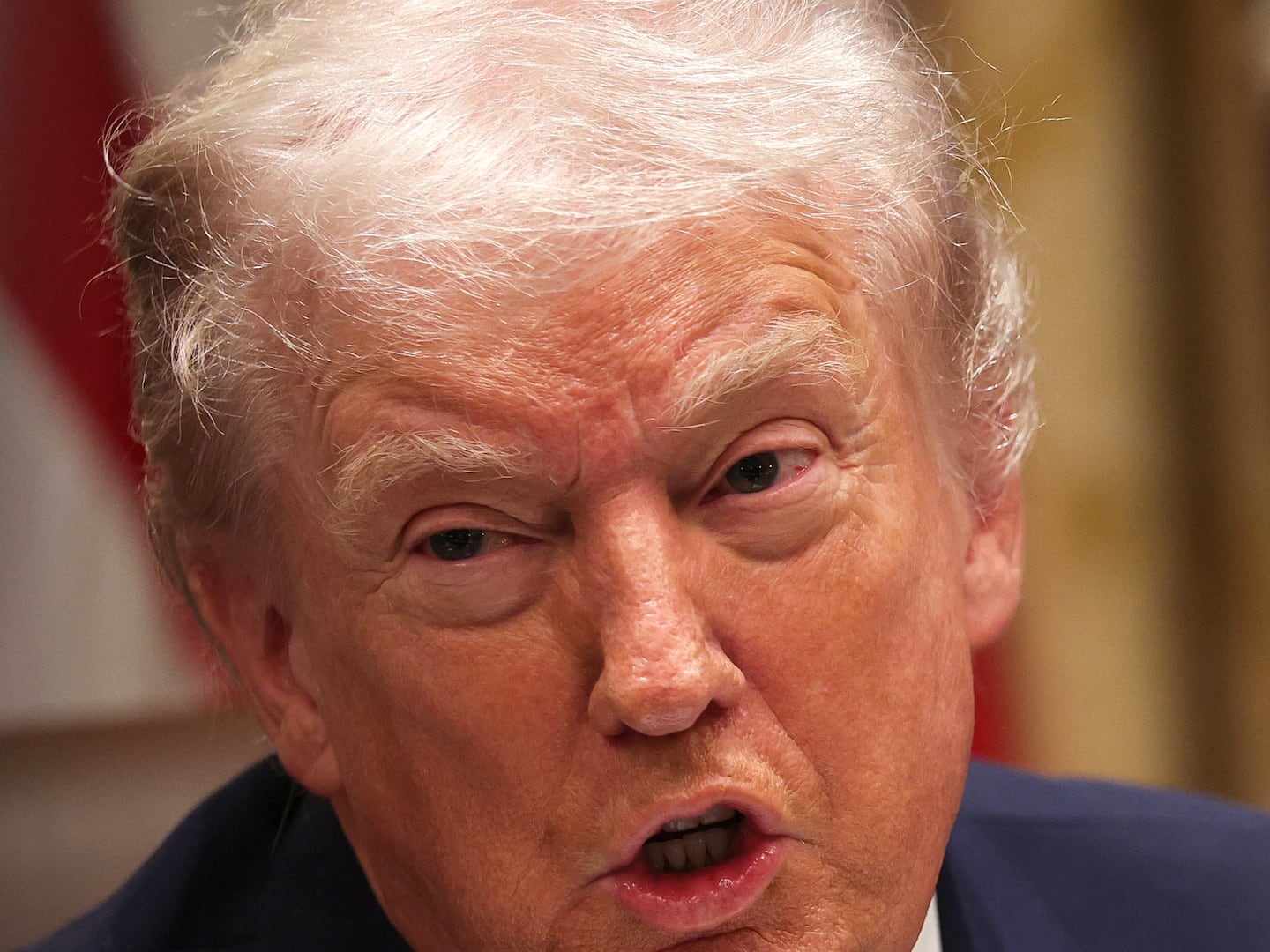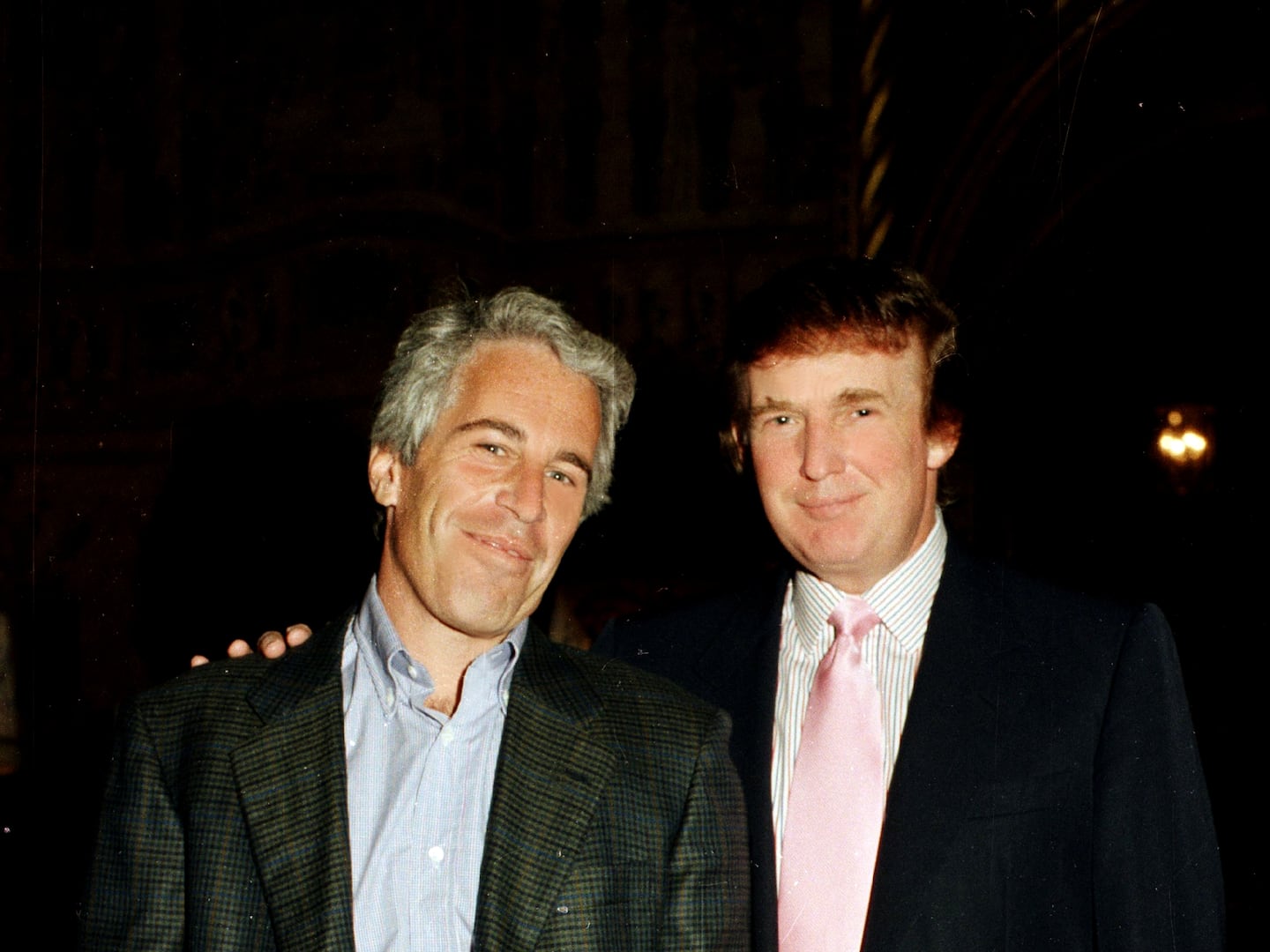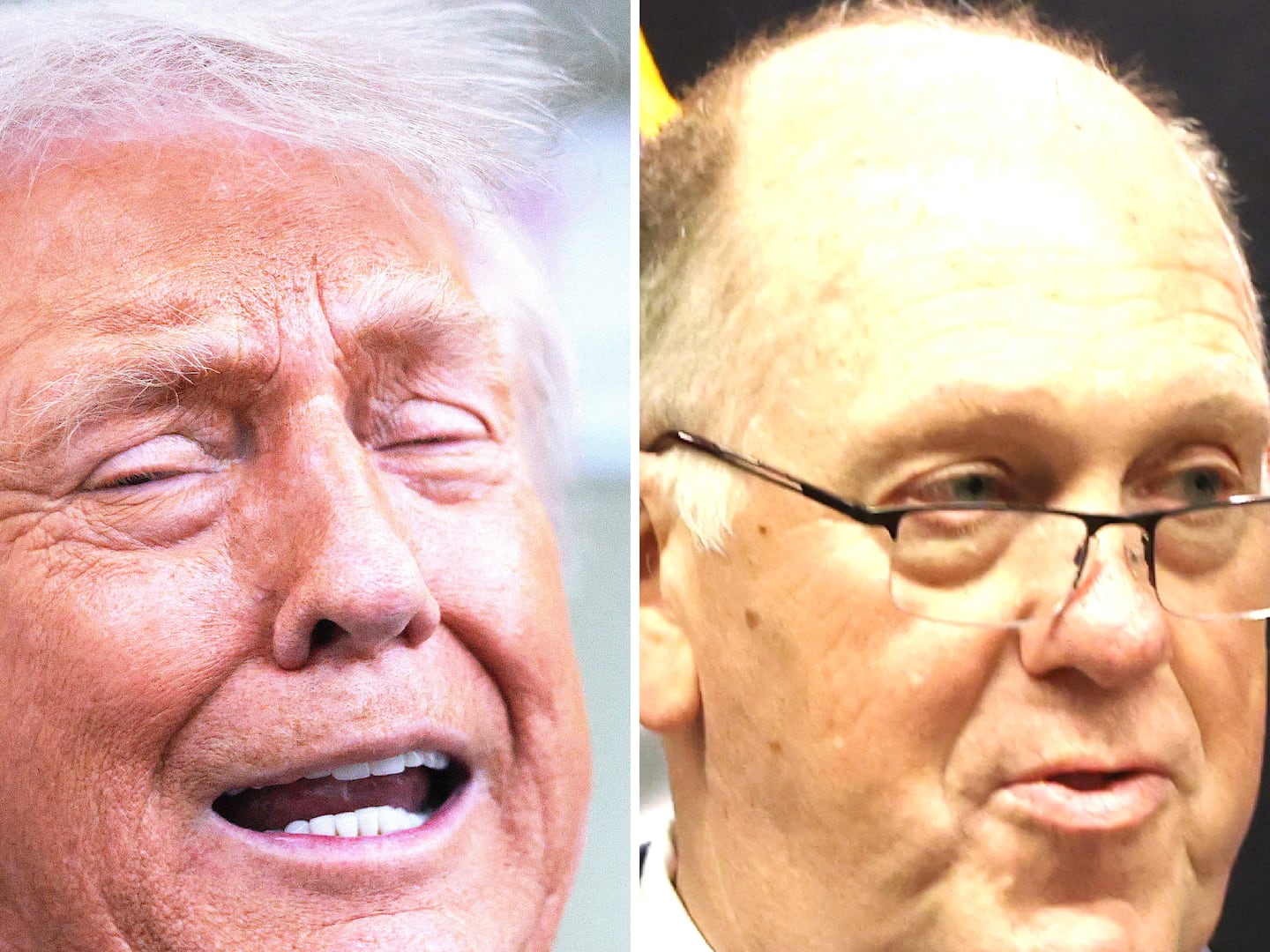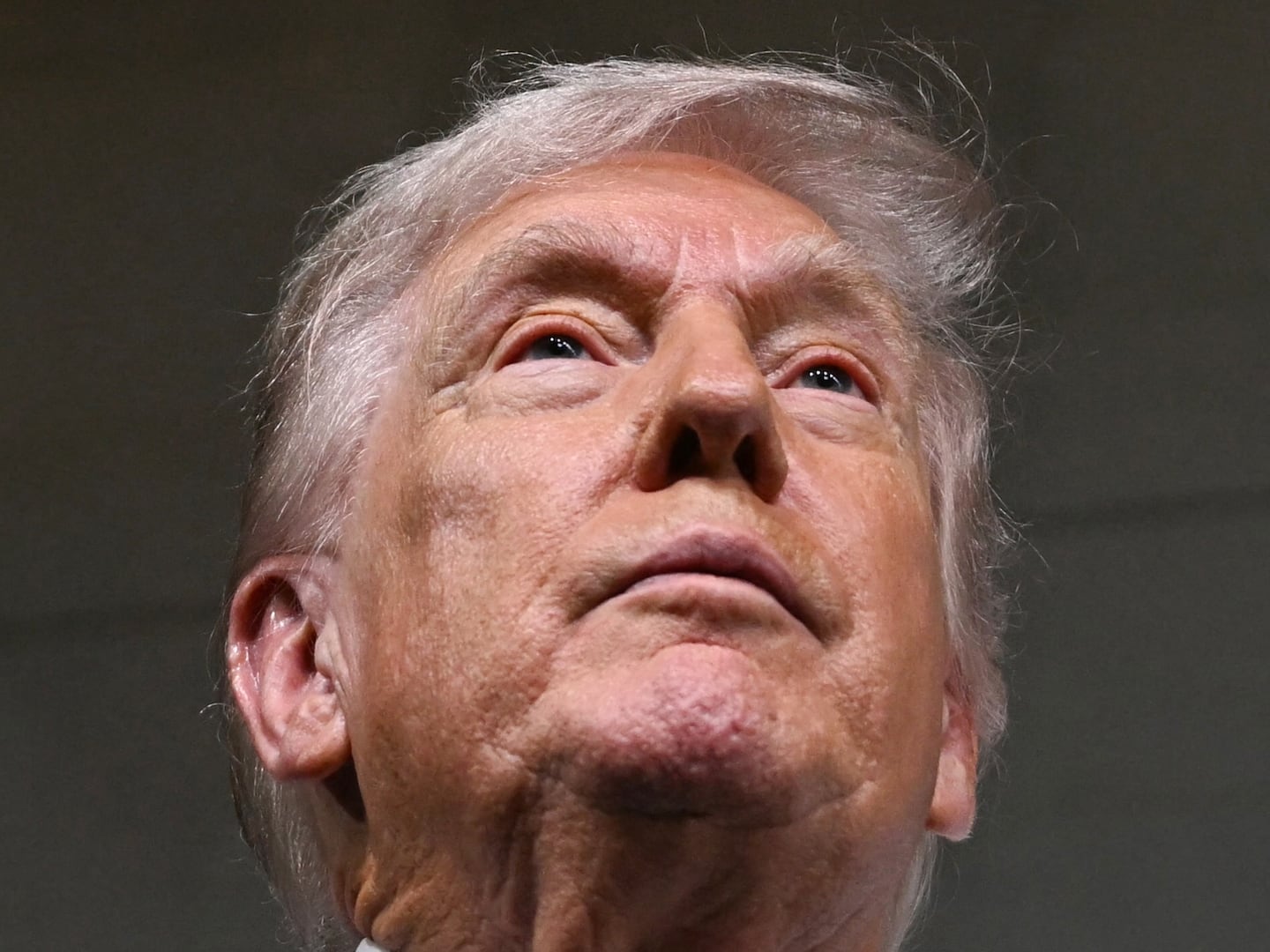NEW YORK, N.Y. — “I’ve had a bad month,” Sam Bankman-Fried confessed on Wednesday afternoon, amid the laughs of a live audience.
Capping a series of ill-advised interviews, the former FTX CEO appeared virtually at The New York Times’ DealBook Summit, his first live appearance since his crypto company’s spectacular collapse.
Appearing virtually from the Bahamas, where he was seated in a dim room next to a single plant, a sullen Bankman-Fried sought to salvage his decimated reputation, insisting he did not “ever try to commit fraud on anyone.” The interview was conducted by Times financial columnist and CNBC host Andrew Ross Sorkin.
Bankman-Fried pushed back at one of the central—and most legally perilous—critiques of his work at the crypto exchange: That he fraudulently used customer assets to bail out another one of his businesses, the crypto trading firm Alameda Research.
“I didn’t knowingly co-mingle funds,” he said. He claimed the company’s abrupt collapse resulted from poor management and his stubbornness to delegate oversight to other parties. He also claimed he was not running Alameda while leading FTX, even as he admitted he maintained an ownership stake and was exposed to its internal processes.
“I made a lot of mistakes,” he said, a stark understatement considering that both U.S. and Bahamian authorities are investigating the company’s downfall.
Bankman-Fried, who was once worth more than $26 billion, claimed he has been financially wiped out. “I think I have one working credit card left,” he said, and a bank account with roughly $100,000 in it. Though he received hundreds of millions of dollars in loans from his companies, he insisted that he reinvested that money into the businesses.
At one point, Sorkin asked if Bankman-Fried’s lawyers fully approved of his speaking appearance. “They very much do not,” he said, eliciting laughs. “The classic advice, right? Don’t say anything, you know, recede into a hole.”
Audience members, who spent the day buzzing about whether Bankman-Fried would actually appear, eagerly pulled out their phones to get a snapshot of the beleaguered crypto tycoon. Each row of the Lincoln Center conference room saw attendees crossing their arms with skepticism as he spoke.
Bankman-Fried has struggled to contain the recent fallout. Ever the strategist, he exchanged a series of direct messages with a Vox reporter earlier this month, in which he admitted that his philanthropic reputation was at least partly a bogus public-relations play. He later claimed he did not know the messages would be made public, and that he had been speaking to the reporter, Kelsey Piper, as a friend. (Piper denied that the two had maintained a friendship.)
Bankman-Fried has also abandoned his previous image as a Democratic mega-donor, revealing that he had, in fact, also contributed heavily to Republican causes—albeit in secret.
“Reporters freak the fuck out if you donate to a Republican because they’re all secretly liberal,” he said in an interview released this week. “I didn't want to have that fight, so I made all the Republican ones dark,” he added, referring to untraceable “dark money” political contributions.
During Wednesday's interview, Bankman-Fried refuted speculation about the use of drugs—such as stimulants—by FTX executives. He described the corporate atmosphere as a nerd fest, and said he never saw execs take drugs illegally. “When we had parties, we played board games,” he said.
Bankman-Fried did note, however, that he has personally “been prescribed various things at various times to help with focus and concentration.”
Asked about his future, the fallen billionaire said he couldn’t forecast his long-term situation. With law enforcement circling, the short- and medium-term, he conceded, is also largely “out of my hands.”







